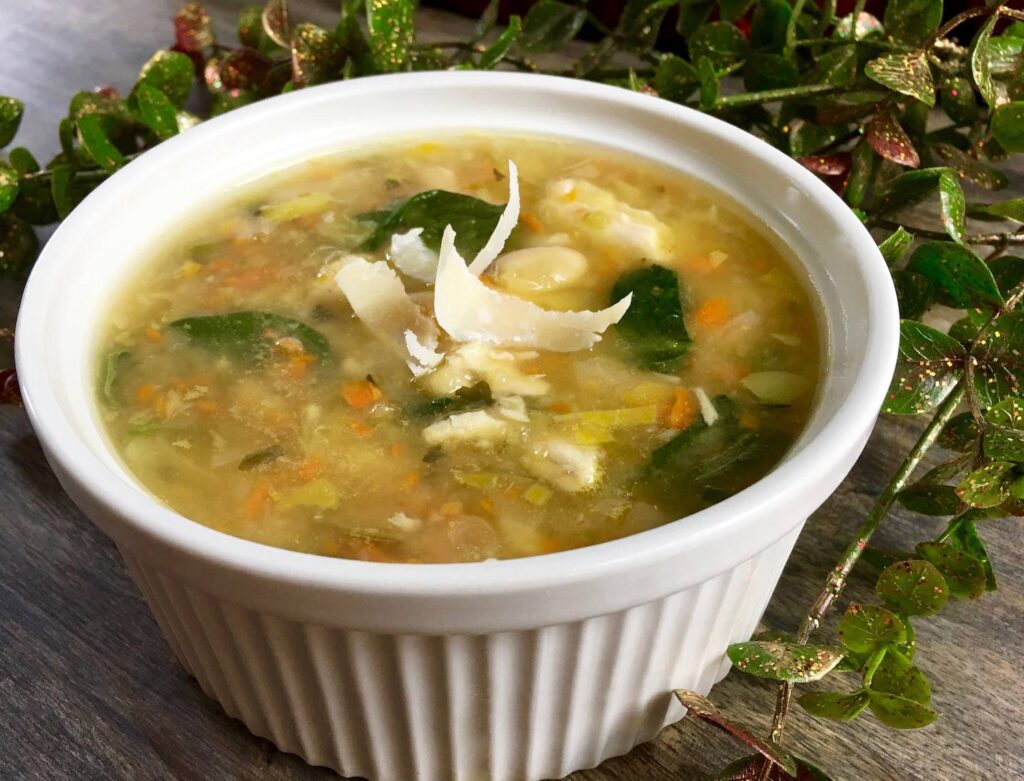Turmeric has been getting a lot of positive press lately, and for good reason. It boasts properties such as disease prevention and anti-inflammatory capabilities, we should all listen up!
Turmeric is a perennial plant related to the ginger family. It’s been used medicinally as an anti-inflammatory for thousands of years. It’s harvested for its rhizomes (sort of subterranean stems) and can be used in fresh or powdered form, much like ginger. The powdered form is easier to find, but fresh turmeric can also be found at specialty and Asian markets.
The Power of Tumeric
Turmeric adds wonderful flavor and color to many dishes like curry, but you may also want to consider adding it to your diet for health reasons. Curcumin, the primary substance found in turmeric, has been beneficially linked to the following conditions:
Alzheimer’s Disease (AD) – AD is thought to be a disease characterized by inflammation, oxidative damage and the formation of beta-amyloid plaques in the brain. Curcumin has anti-inflammatory and anti-oxidant properties that have been shown to inhibit free radical formation which can lead to oxidative stress.
Arthritis – Curcumin’s anti-inflammatory properties can help reduce the stiffness, pain and swelling associated with both osteoarthritis and rheumatoid arthritis.
Cancer – Many studies have suggested that curcumin has anti-carcinogenic properties that may help prevent or support treatment of cancer, specifically leukemia, prostate, breast, skin, and colon cancer. Of course turmeric should not be considered a replacement for conventional cancer treatment, but its anti-oxidant and anti-inflammatory properties could certainly be beneficial.
Digestive disorders – Turmeric stimulates bile production in the liver, improving the digestion of fats, and is thought to reduce gas and bloating. It also seems to have a therapeutic effect for sufferers of the inflammatory bowel diseases (IBD) ulcerative colitis and Crohn’s disease.
A quick Google search will bring up many other proposed benefits of turmeric, including reducing cholesterol, heart disease, skin conditions and depression, although research is more limited in these areas.
Turmeric may interfere with blood-thinners like warfarin and aspirin. If you have gallstones or suffer from biliary obstruction, you should talk to your doctor before taking turmeric.
Ultimately it’s clear that turmeric has anti-inflammatory and anti-oxidant properties that are certainly beneficial to your health. It can be eaten in its powdered or fresh form in food, or as a supplement, but in either case, taking it with fat and/or black pepper will increase absorption.
Drinking warm, nourishing “golden milk” made with turmeric is one easy way to incorporate it regularly into your diet.
Golden Milk Recipe
“Golden Milk” Turmeric-Coconut Anti-inflammatory drink – there are many versions of golden milk recipes available, but I found this to be one of the simplest – adapted from
http://eatlocalgrown.com/article/14271-turmeric-milk.html
Ingredients: (2 servings)
1 14 oz can full fat coconut milk (or milk of your choice)
1 teaspoon dried turmeric
1/4 teaspoon black pepper (to enhance the absorption of turmeric)
1 teaspoon ground cinnamon
1″ piece of ginger sliced
Raw honey to sweeten, if desired
*Note: If you have an ulcerative intestinal problem, omit the black pepper as it can be problematic with ulcers. Black pepper can even make small cuts in the bowels of people with Crohn’s disease
Directions:
In a saucepan add all ingredients (except honey, if using) and whisk to combine
Heat over medium heat until it starts to bubble
Then turn heat down to low and simmer for about 5 minutes so the flavors meld
Strain out the ginger
Add honey and stir



